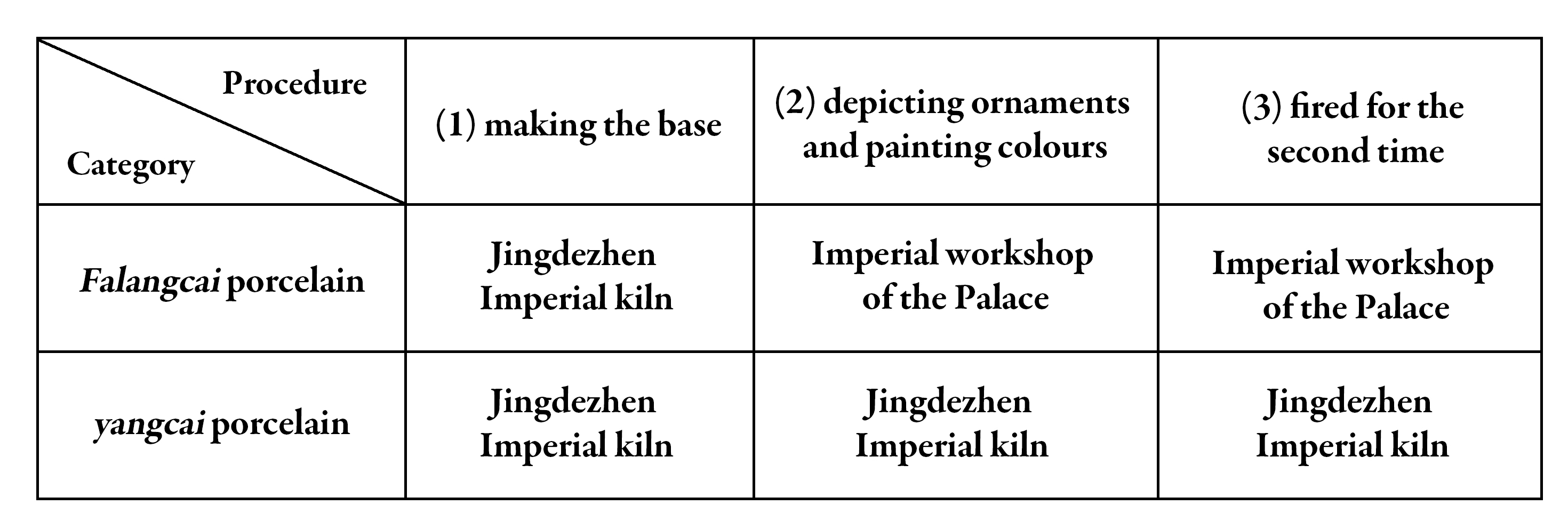Introduction
The exhibition shows that porcelains with painted enamels of the three reigns of the Qing dynasty, Kangxi, Yongzheng and Qianlong (1622-1795), are the most iconic porcelain wares in the 18th century. Also, it elaborates these three stages of styles were established with the invention and development of the pigments as well as the different requests for the official wares from the Emperors.
This exhibition is divided into three sections in chronological order. “Novelty from the Emperor’s Experimental Workshop” compares the testing pieces and final works to present that the Kangxi Emperor (r. 1662-1722) invited Western missionaries and local masters to produce the Kangxi-reign-style painted enamels. “Imperial Exclusive Style” shows that the Yongzheng Emperor (r. 1723-1735) promoted painted enamels as court-limited works based on his request of an imperial exclusive style. “Imperial Design & Craftsman’s Skill” presents that the Qianlong Emperor (1736-1795) reinitiated the dialogue between the Imperial workshops of the Forbidden City (or the Old Summer Palace) in Beijing and Imperial kilns in Jingdezhen to embody the concept of one “official ware” so that they could share the same decorative style, and therefore create yangcai and falangcai, two styles of painted enamels.
Where were the falangcai porcelain and yangcai porcelain produced?
